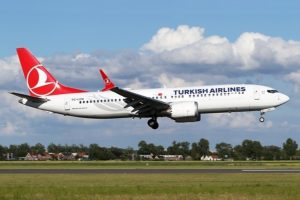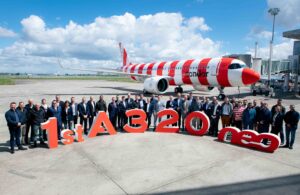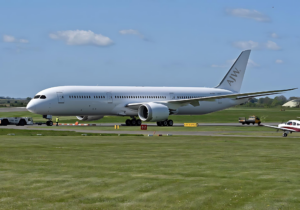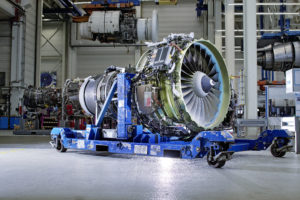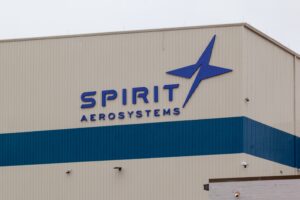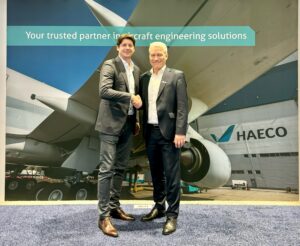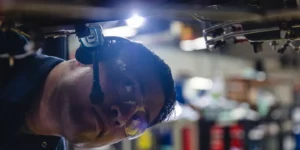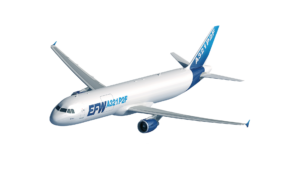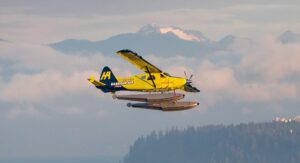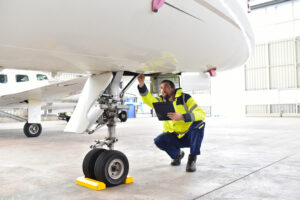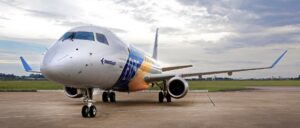Rostec State Corporation, the parent company of Russia’s United Engine Corporation (UEC), has announced this week that a 21.9 billion ruble investment will be made between 2017 and 2025 to upgrade production facilities prior to going into mass production of the Aviadvigatel PD-14 engine which will be used to power the new Irkut MC-21 narrow-body passenger jet.
Through a corporate bonded loan, Rostec has allocated 4.6 billion rubles for re-equipping of production facilities with universal machining centers intended for manufacturing complex parts. A further 14.6 billion rubles has been allocated for creation of after sales services, to include repair facilities, a training center, a spare parts distribution network, and maintenance and repair centers. It is understood that funding for these new elements will be sought from the Russian government.
In the future, UEC is aiming to produce 50 sets of equipment on an annual basis for PD-14 assembly, investing some 2.95 billion rubles partly from its own personal funds, and also borrowed money. The upgrade for the stand for aircraft testing is expected to be completed by the end of the third quarter this year, with UEC’s investment totaling 96.2 million rubles.
The long-term goal of UEC is to produce a ‘family’ of engines that will range between 12.5 and 18 metric tons of thrust for passenger and cargo jets. Currently the PD-14 is onboard an Ilyushin ll-76 flying testbed with the aim of achieving Russian certification next year and European validation in 2019.
The PD-14 is seen as the Russian alternative to the Pratt and Whitney PW1400G which is due to power the first prototype of the MC-21. When the plane was rolled out in June last Year indications were that its first flight would take place in February this year at the earliest. However, it has yet to take place and neither UEC or Irkut have confirmed a set date other than stating it will be this spring. (US$1.00 = RUB56.12 at time of publication.)
Learn more on how AviTrader can expand your market
Please contact

Tamar Jorssen
Vice President Sales & Marketing
+1.778.213.8543
[email protected]
Mailing Address
AviTrader Publications Corp.
Suite 305, South Tower
5811 Cooney Road
Richmond, BC V6X 3M1
Canada
[email protected]
Mailing Address
AviTrader Publications Corp.
Suite 305, South Tower
5811 Cooney Road
Richmond, BC V6X 3M1
Canada


